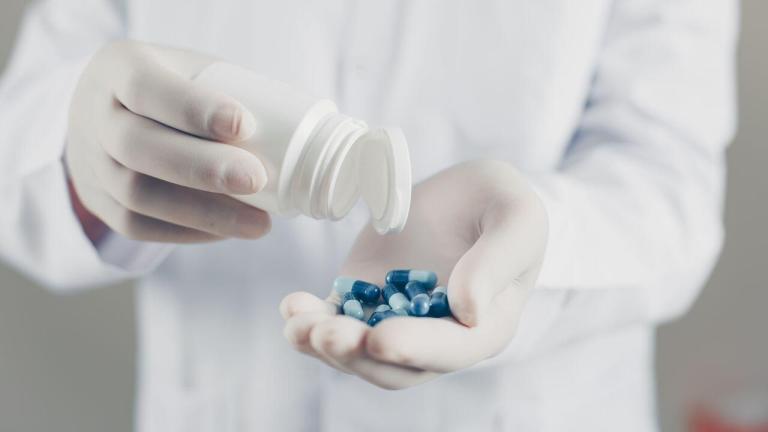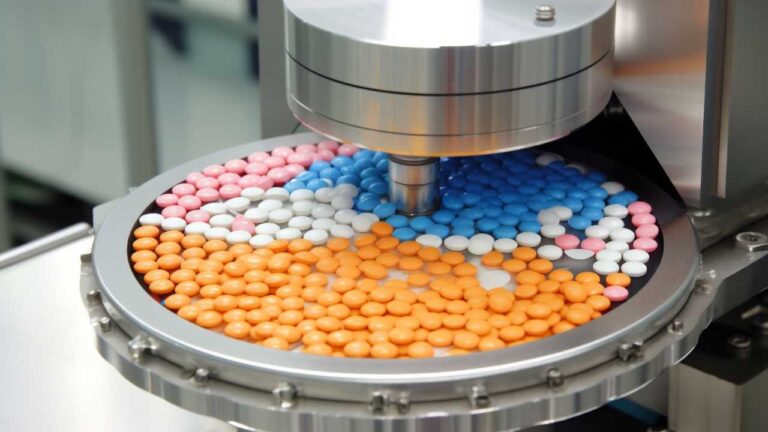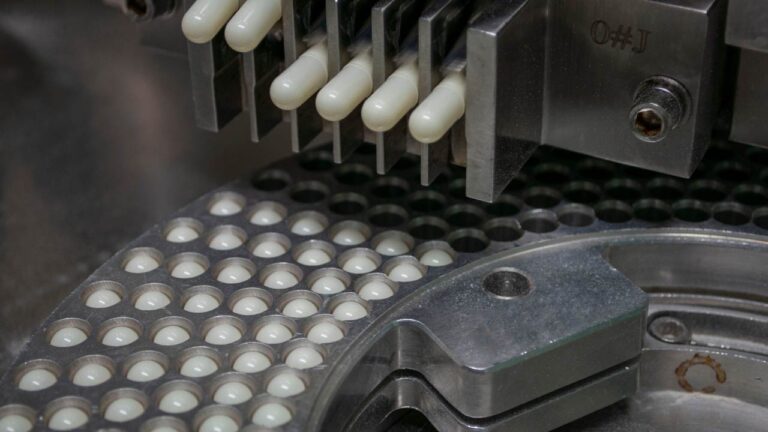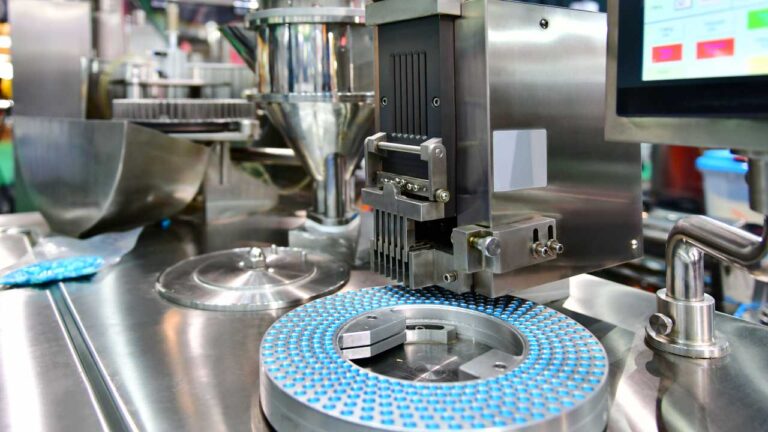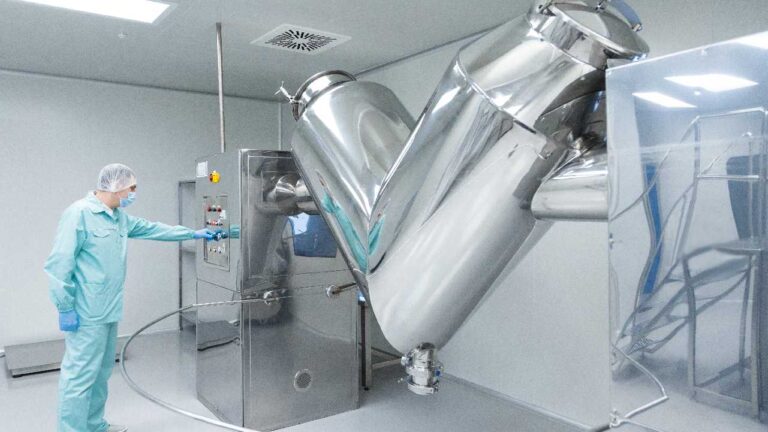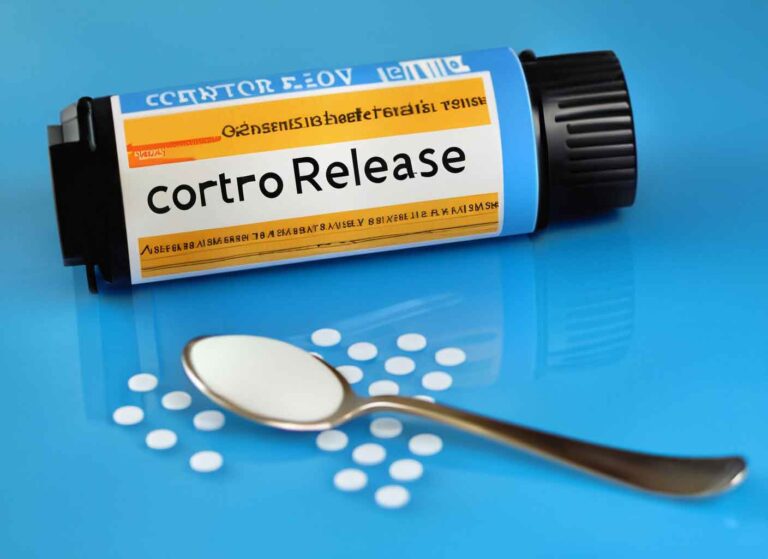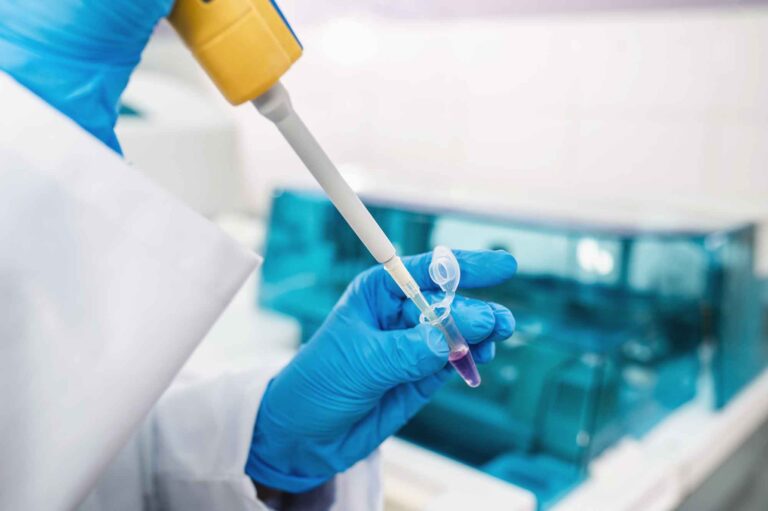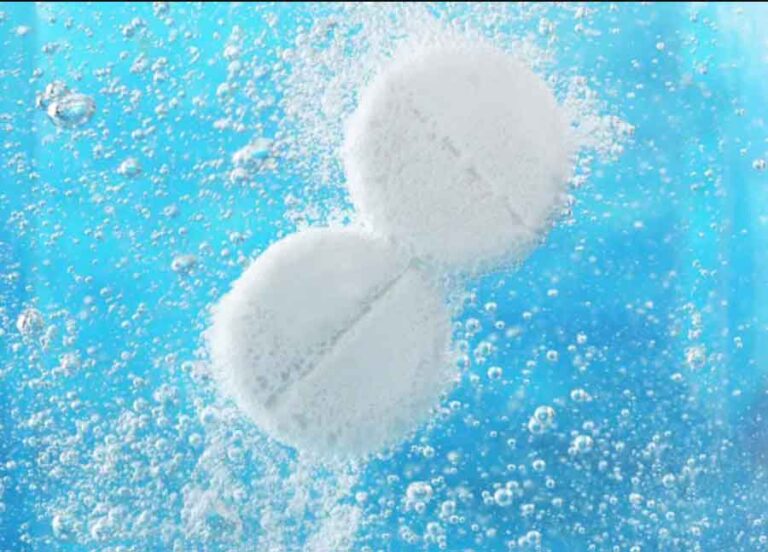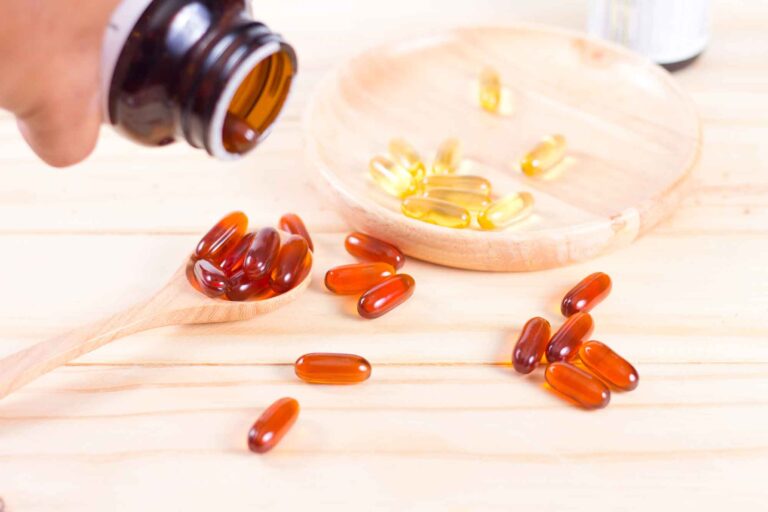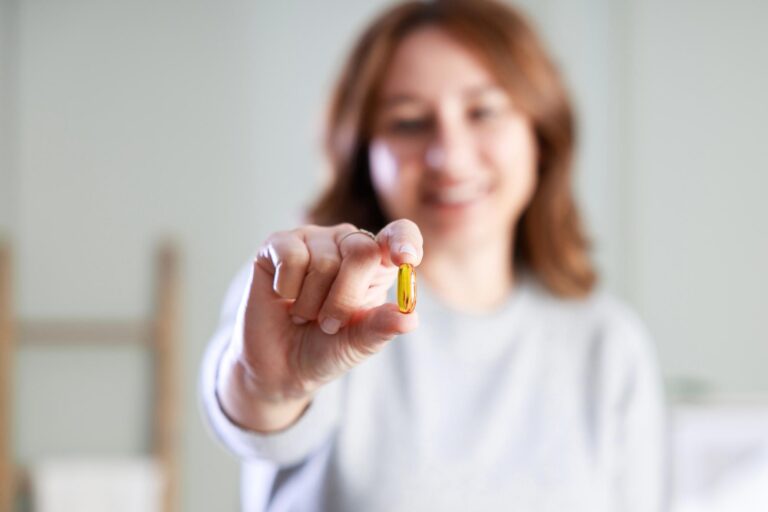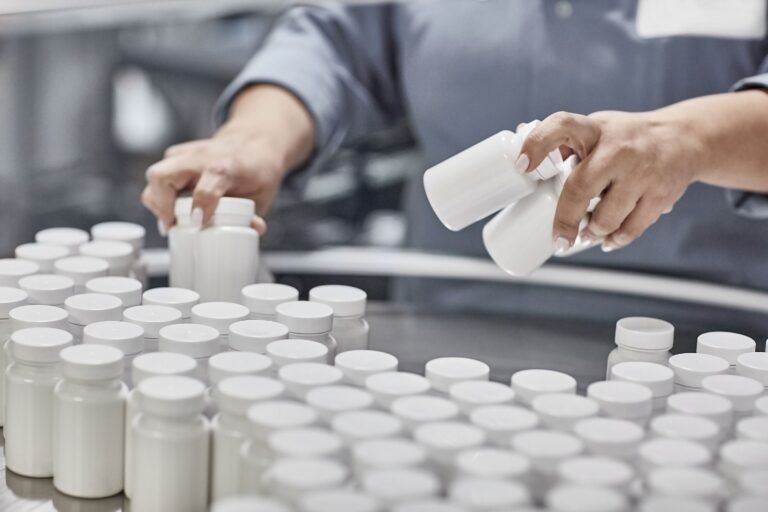Globally, there were an estimated 20 million new cases of cancer and 10 million deaths from cancer. The cancer burden will increase by approximately 60% over the next two decades, further straining health systems, people and communities. The predicted global burden will increase to about 30 million new cancer cases by 2040, with the greatest increases occuring in low- and middle-income countries Our aim is to help you push the boundaries of scientific knowledge, working alongside you to transform oncology medicines and make an impact for those in need.

Supporting oncology drug development from candidate selection through to commercial manufacture and supply
The majority of new oncology drugs in development face formulation challenges. Our extensive formulation development expertise coupled with our agile and flexible approach to clinical and commercial manufacturing makes us the ideal partner to provide an end-to-end solution for the development of oncology drug products.
Preformulation assessment and formulation development
At Quotient Sciences, we emphasize the importance of data-driven decisions in early development. We prioritize the key API characterization data required, which allows our scientific experts to recommend the selection of the appropriate API form as well as inform a data-driven strategy for preclinical and clinical pharmaceutical development based on the Developability Classification System (DCS). With unparalleled biopharmaceutical experience, we factor in and anticipate clinical considerations as well as the in vitro performance of pharmaceutical formulations. Early laboratory prototyping is performed on bench-scale equipment, which mirrors both small-scale and mid-to-large-scale GMP manufacturing, to de-risk process scale-up and development should the molecule achieve its early clinical endpoints.
Clinical development and accelerating POC
Our experts provide the full spectrum of manufacturing and supply paradigms, from traditional large batch manufacturing, through bright stock distribution and personalized manufacturing. There are compelling drivers for small batch sizes, such as conservation of API, and dose flexibility to meet individual subject needs and reduced stability needs. Fundamentally, with personalized manufacturing, the product is made on-demand, only when needed based on patient requirements. Overall, this alternative approach offers a reduction in waste and cost, while maximizing the potential for clinical success.
Formulation optimization and validation of product performance in humans
Our Formulation flexibility abilities can be used to develop ‘patient-ready’ formulations for oncology molecules in less than half the time of the industry standard in healthy volunteer trials. This is accomplished by the close integration of real-time manufacturing and clinical testing, enabling formulation decisions to be made based on emerging human data.
Process development, scale up, and clinical manufacturing for Phase II/III
Recognizing the need to move rapidly through clinical development, we can efficiently scale up drug product manufacturing processes from Phase I to meet the demands of later clinical trial requirements and ensure a seamless transition to larger-scale manufacturing and drug product commercialization.
Commercial Manufacturing & Supply
We work with our customers to configure a robust manufacturing and supply chain to meet their needs. We continue to invest in small-scale commercial equipment to broaden the technologies and product formats available and ensure seamless continuity throughout the development life cycle. We can accelerate development programs through registration and process validation and our manufacturing facilities support batch sizes ranging from less than 1 kg to over 1000k kg for solid oral dosage forms and up to 400 L for liquid formats. Whether you are preparing for ANDA, NDA, MAA, Hycon Labs has the expertise and regulatory approval to manufacture your registration and validation batches for the U.S., U.K., Europe, and Asia. Our expert team also has significant experience in supporting 505(b)(2) and all post-approval change filings.
Specialized Handling of Oncology Drugs
Hycon Labs is equipped with advanced potent handling capabilities specifically designed for the development and manufacturing of cancer drugs. Here’s an overview of our capabilities:
High-Potency Manufacturing: We have invested in state-of-the-art facilities that can handle high-potency active pharmaceutical ingredients (HPAPIs) and drug products. Our equipment includes reactors capable of handling volumes from 250 L to 3,000 L, prep-HPLC systems,, ensuring we can manage potent compounds with occupational exposure limits as low as 10 ng/m³.
Our CDMO has dedicated areas for the safe handling of HPAPIs, including containment systems and specialized air handling to protect both our employees and the environment from exposure.
Related Services
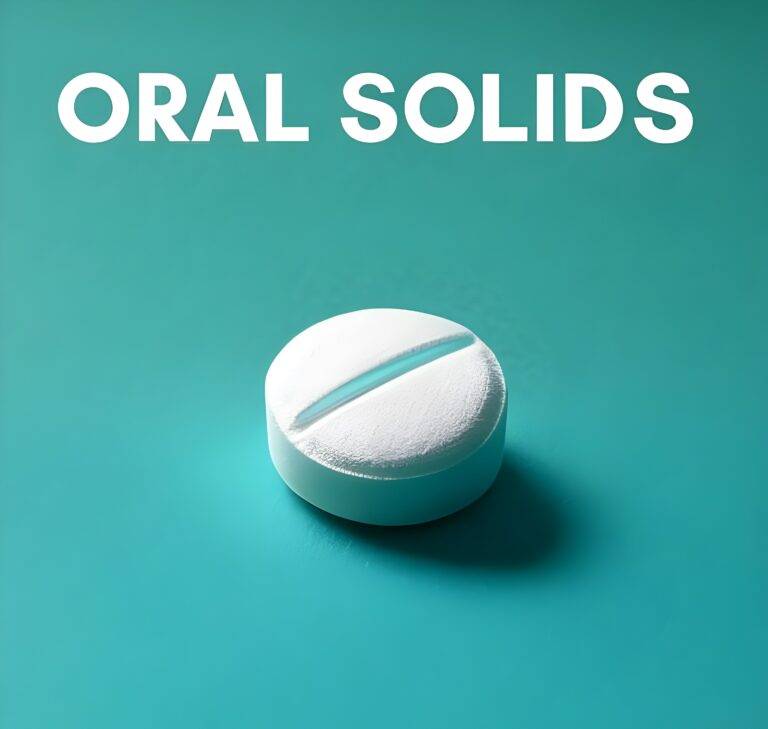
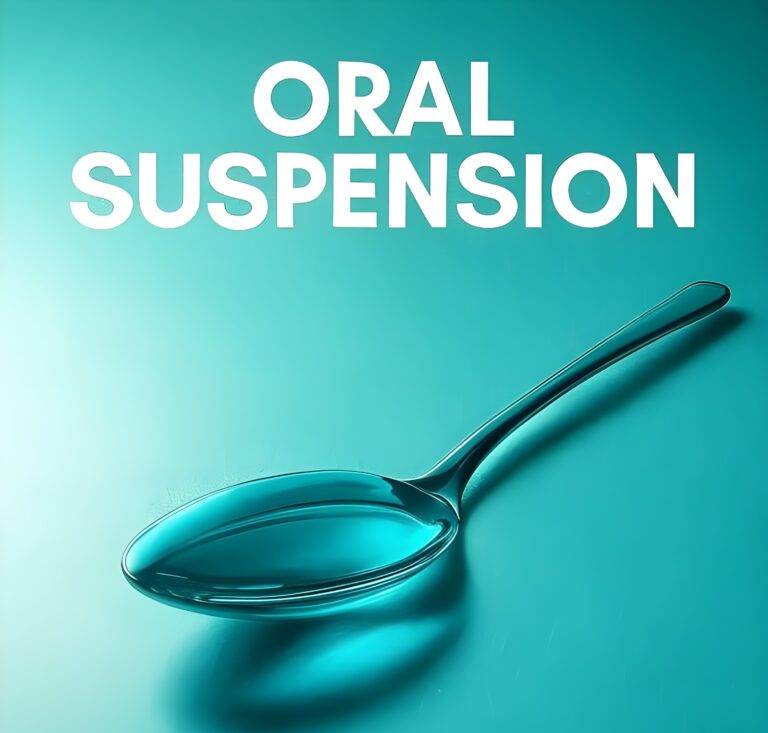
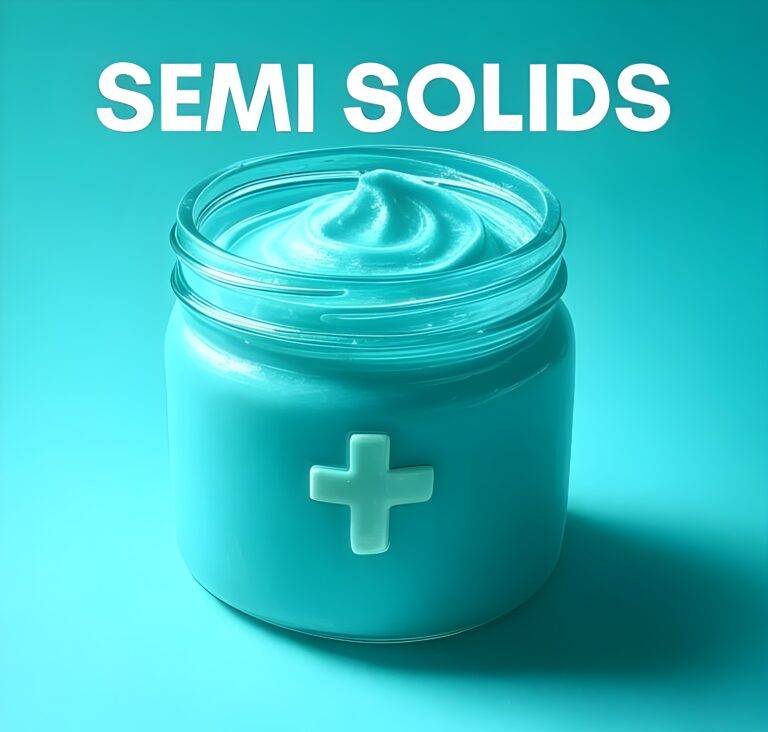
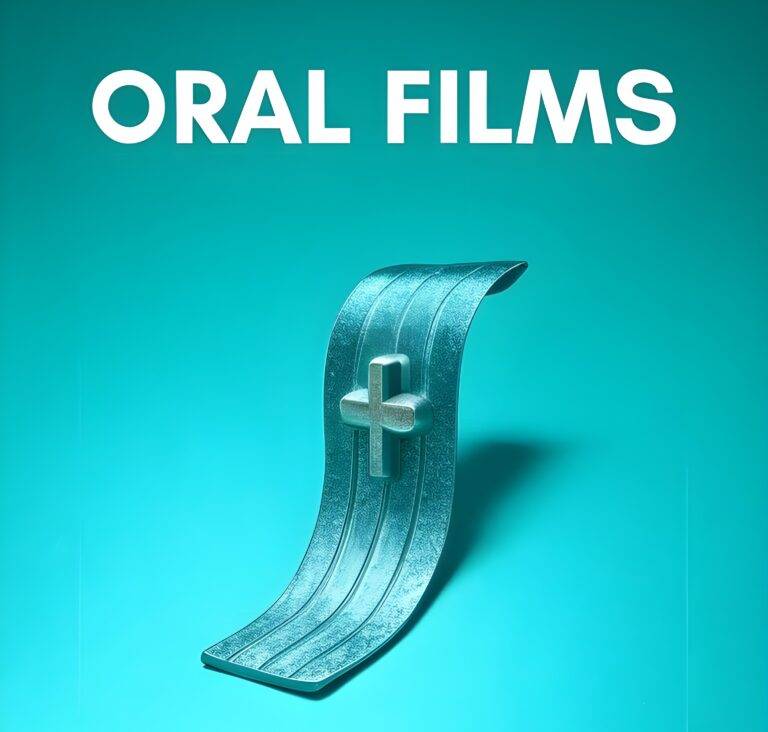
FAQs
Here are some frequently asked questions about softgels.
Softgel capsules are a form of liquid-filled capsules made from a gelatin-based shell surrounding a liquid or semi-solid fill. Unlike hard-shell capsules, which are composed of two rigid halves, the softgel's shell is flexible and seamless, offering a unique dosage form for a wide range of active pharmaceutical ingredients (APIs). Softgels are valued for their ability to encapsulate high-potency drugs, improve bioavailability, and mask unpleasant tastes and odors.
Softgels can enhance drug bioavailability by encapsulating the drug in a liquid form, which can be more readily absorbed by the body compared to solid dosage forms. The liquid fill can contain solubilized APIs, which are especially beneficial for poorly water-soluble drugs, facilitating faster dissolution and absorption in the gastrointestinal tract. Additionally, the formulation flexibility allows for the inclusion of solubilizers and emulsifiers to further improve the dissolution rate and absorption of the encapsulated drug.
Softgel encapsulation is suitable for a wide range of APIs, including lipophilic (fat-soluble) compounds, poorly water-soluble drugs, liquids, and semi-solids. Softgels are particularly advantageous for APIs that require stabilization or are sensitive to oxygen or light, as the encapsulation offers a protective environment. This dosage form is versatile enough to accommodate various therapeutic categories, including vitamins and supplements, analgesics, antifungals, and cardiovascular drugs.
Yes, softgels can be formulated for controlled-release applications. By manipulating the gelatin shell composition and the fill formulation, it's possible to achieve various release profiles, including delayed-release, sustained-release, and targeted-release. These modifications allow for the precise control of drug release rates, enhancing therapeutic outcomes and patient compliance by reducing dosing frequency.
Softgels offer several advantages over other dosage forms, including:
Improved Patient Compliance: Their smooth, flexible shape makes them easier to swallow compared to tablets or capsules.
Bioavailability Enhancement: The liquid fill can improve the absorption of poorly soluble drugs.
Taste Masking: The encapsulation masks the taste and odor of unpleasant APIs.
Protection of Sensitive Ingredients: The shell provides a barrier against light, oxygen, and moisture.
Dose Precision: Each softgel contains a precisely measured dose, reducing variability.
Aesthetic Appeal: Softgels are available in various shapes, sizes, and colors, enhancing patient acceptance.
Key considerations in softgel formulation development include:
API Solubility: Ensuring the API is adequately soluble in the fill material to achieve the desired bioavailability.
Shell Composition: Selecting the appropriate gelatin type or alternative polymers to meet dietary or stability requirements.
Fill Excipients: Choosing excipients that enhance the API's stability and absorption without compromising the integrity of the shell.
Sealing Technology: Employing robust sealing techniques to prevent leakage and ensure product stability.
Compatibility: Ensuring compatibility between the API, excipients, and shell materials to maintain efficacy and extend shelf life.
Softgel capsules are manufactured using a rotary die process, where gelatin is heated and molded into two ribbons that form the capsule shell. The liquid or semi-solid fill is simultaneously injected between these gelatin ribbons, and the capsules are sealed and shaped by the dies. The capsules are then cooled, trimmed, and inspected for quality before packaging. This process requires precise control of temperature, humidity, and fill volume to ensure consistent product quality.
Yes, softgels are an excellent choice for combination therapies, as they can encapsulate multiple APIs within the same capsule. This capability allows for the combination of drugs with complementary therapeutic effects or the inclusion of both immediate-release and controlled-release components in a single dosage form. Combination therapy softgels can simplify treatment regimens, improving patient compliance and therapeutic outcomes.
Softgels can be packaged in a variety of containers, including blister packs, bottles, and pouches, depending on the product's stability requirements and marketing considerations. Packaging is selected based on factors such as moisture sensitivity, light protection, and consumer convenience. Additionally, tamper-evident and child-resistant features can be incorporated to ensure product safety and compliance with regulatory standards.
Hycon ensures the quality and stability of softgel capsules through rigorous quality control and stability testing procedures. This includes:
Raw Material Testing: Verifying the purity and quality of gelatin, APIs, and excipients.
Process Control: Monitoring manufacturing conditions to maintain consistent shell thickness, fill volume, and seal integrity.
Finished Product Testing: Conducting physical, chemical, and microbiological tests to confirm capsule uniformity, API content, and dissolution characteristics.
Stability Studies: Assessing the product's shelf life under various environmental conditions to determine appropriate storage recommendations and expiration dating.




